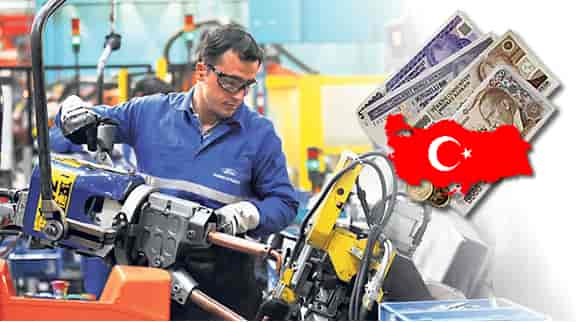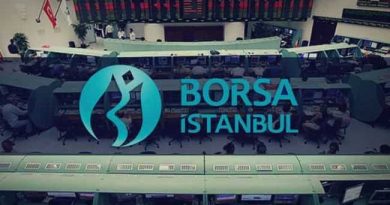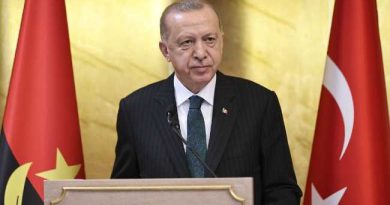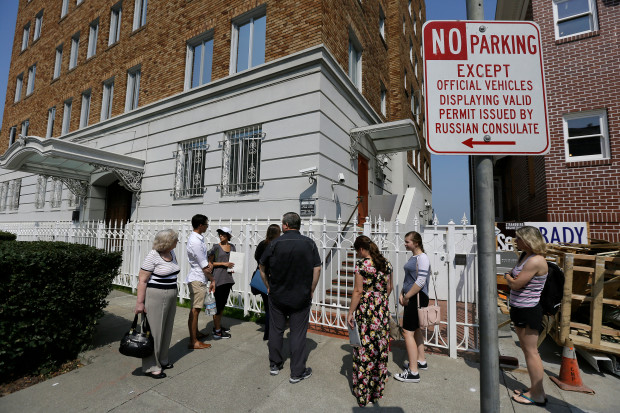Is the Turkish economy going in the right direction under the ruling administration?

AK Party which has been in power for more than 15 years has put signature under important achievements during said period that would be unfair to ignore. Most of these steps taken both in economy and administrative areas especially in the first years in office, have indeed enjoyed the appreciation of the majority.
In the following years however, mistakes in economy management and the wrong political preferences and consequently the waste of energy and efforts to challenge and overcome all kinds of criticism – to include objective and fair ones – forwarded to the administration due to bad management and major corruption allegations (rather than trying to correct mistakes and improve weak points) have overshadowed the successful performance of the ruling party, during its first years in office.
Since that time, President Erdogan’s (PM at the time) personal skills and political influence have enabled AK Parti to stay in power and many unbiased opinion leaders have started voicing that the functionality of the parliament has drastically diminished and the country has started to experience a single-man regime more and more each day. There is not a slight doubt that politicians in the ruling wing are aware of the discomfort in a large group of citizens as well but as a matter of politics, hardly anybody will find the courage to stand up against this power as it would be against personal interests.
On the other hand, to be contrary to the picture painted by the administration many experts cannot comment that the future is very bright for the Turkey’s economy, for a clear reason: Unfortunately, Turkey has eventually come to a point where its economy is based on activities of commercial, financial and service origin rather than industry to produce high value-added goods and thus to provide substantial contribution to unemployment issue as well.
Investments in industries and especially those offering high value-added products have been neglected and to the contrary the existing ones have been sold (as part of privatization program) based on “the excuse of unprofitability” the sales revenues of which have been spent on roads and similar infrastructure projects – not directly linked to production. This has also had a significant negative impact on unemployment figures. On the other hand, the gap between imports and exports of the country has grown to become increasingly unbearable. High interest rates, devaluation of TL against dollar and inflation are also major headaches for Turkey, no doubt. Thus, despite the reports that the country grew by 7.4 percent in 2017, it seems quite difficult to see the light at the end of the tunnel – as voiced by many experts.
In fact, some of the top companies in the country have started resorting to economic solutions such as debt relief, restructuring, etc. due to the increasingly strained channels of the economy. Among these companies there are even giants such as the Ülker and Doğus group, to name a few.
For example, it is recently reported that Doğuş Group, which operates in many areas, has taken a step to restructure its debts with banks. According to the information received, the group considers short-term debts amounting to 2 billion dollars troublesome and is reported to demand a 7 year maturity plan with 3 years grace period for restructuring of US$ 1.8 billion.
Based on official figures, Doğus Holding which operates in construction, automotive, tourism, media, energy, real estate, catering, entertainment and other areas lost TL 2.2 billion in 2017. The group paid TL 1.25 billion for interest. The equity of shareholders of the total parent company fell from TL 8.4 billion at the end of 2016 to TL 6 billion at the end of 2017. The number of employees also fell from 45 thousand at the end of 2016 to 25 thousand at the end of 2017.
Therefore, this example alone is good enough to tell us that the economy does not look as bright as the picture the administration has been trying to paint – likely, for political motives.





